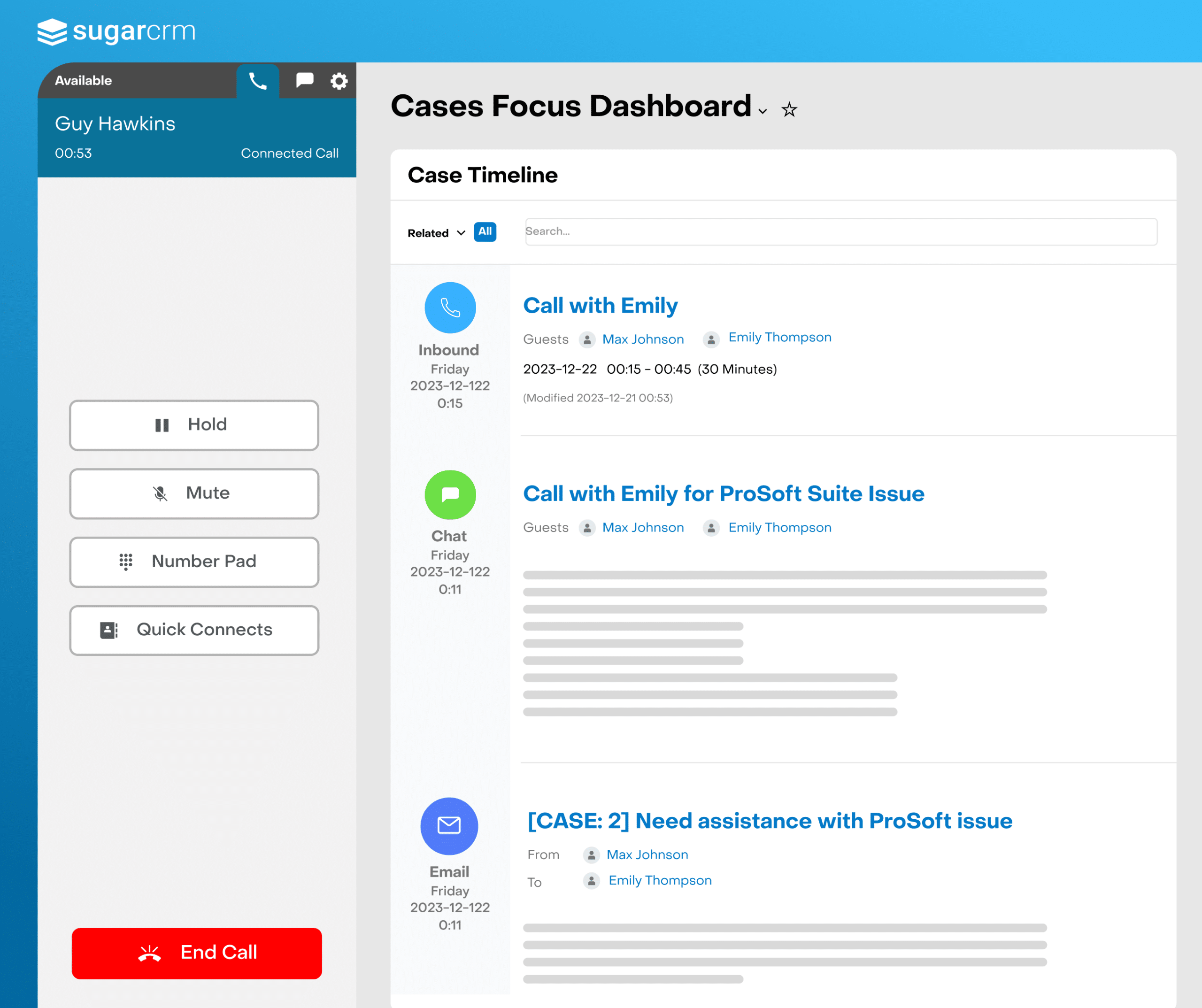The Value of Cloud-Based Solutions
When it was first introduced to the public, the cloud was a strange and wondrous thing—intangible and mysterious. Now, with a better technical grasp on how the cloud operates on a basic level, each one of us uses the cloud almost daily via our phones, smart devices, and in business. In each one of these areas, it has revolutionized the way we interact but none so much as in the way that we work. Clouds, both public and private, are essential parts of a business and something that in this connected world, we rely on increasingly.
It’s estimated that 94% of businesses use the cloud and on average, leverage no less than five of them. According to Gartner, 75% of these organizations have a cloud-first strategy and see the cost optimization of the cloud increasing in 2020. The cloud is here to stay and is central to business. But why? Why are companies leveraging this technology heavily? The answer is both as complex as it is simple, our global world demands it. Globalization in business is not a new thing but as we’ve peaked in the fourth industrial revolution, it has become ever more evident that the advancement of technology is what keeps us connected. It is because of this that in business-critical technologies like marketing automation, customer service portals, and CRMs rely on the cloud to further enable their customers to succeed.
With the workforce scattered across different regions due to current events, the cloud has never been more vital.
Cloud-Enabled IT Teams
The responsibility of IT departments has grown from the days when they just cleansed machines of viruses or restored hard drives. IT manages critical infrastructure which as companies have begun to digitally transform, is stretched and strained under increased weight. On-premise managed data solutions can encounter a variety of problems due to legacy system failures and even acts of God.
Aging internal infrastructure is taxing to IT teams. By enabling cloud-based solutions, organizations can free up additional resources to focus on critical IT systems and also reduce costs related to purchasing and maintenance of internal equipment. For companies that don’t have expansive internal IT departments, cloud computing is a lifesaver. By relying on their cloud vendor to provide support and maintenance, organizations can focus on the important data stored within the cloud and based on projections by McKinsey, “65 percent of workloads will continue to be hosted in private data centers and managed by internal-infrastructure teams.” By utilizing cloud-based storage or cloud solutions (since storage is also included), IT teams can dedicate an increased focus on critical infrastructure to enhance corporate agility.
Stability and Scalability
In the same vein, cloud deployment options offer stability to organizations, resulting in less downtime. Case in point, SugarCRM’s cloud-enabled platforms had an availability rate of over 99% in 2019. By allowing for off-site data storage, redundant systems throughout networks, and increased visibility, cloud platforms provide more stability that internal legacy systems.
While not all cloud vendors are created equal when you’re looking at the big three, Amazon AWS, Microsoft Azure, and Google Cloud, your business is still relying on a stronger network than that of the typical mid-market business. Enterprise businesses may be able to host their own private clouds and/or internal storage, and some do, but the cost of this venture is often dissuading.
Cloud-based solutions like SaaS or iPaaS, are often more stable because they provide increased visibility and have dedicated internal resources to maintain integrations, capabilities, and continually manage the flow of data. Additionally, these types of organizations have the maturity with the cloud that many organizations do not because it’s part of their full-time job and therefore, they know the ways to offer quick responses before things become an issue giving you more stability than if you were to enable the cloud technology solely via internal resources.
One of the largest benefits of cloud solutions is the ability to scale. Without the need to have a supporting internal infrastructure, organizations can increase licenses, storage, usage or a combination at a nominal price compared to the internal solutions depending on capacity. Year-over-year, internal or on-premise solutions will cost more than that of a cloud solution according to Software Advice. This is not to negate the need for on-premise solutions, because some organizations do need them, but the cost and investment is larger on the front end of an on-premise solution and to scale an on-premise solution requires additional investment in equipment, DevOps, and expertise.
Because SaaS companies continually utilize the cloud, they handle the bulk of the initial investment providing services at a rate that is affordable for small business and mid-market organizations.
Security
We would be remiss if we didn’t address the issue of security with cloud-based solutions and applications. If you do a search, a multitude of articles from the past ten years will belabor the point of the lack of security in the cloud. However, the actual truth differs from the information in these articles (even though their SEO provides stellar rankings). But this is a real concern, especially due to data breaches that constantly make business headlines. Much like a parent worrying when their teenager has the car for the night, some organizations are still apprehensive when it comes to some aspects of the cloud, leading them to create their own private clouds due to fears regarding security and stability.
There are five reasons why data breaches occur, and none of them are actually specifically related to just the cloud. When you utilize a cloud-based solution or service, the security of that is directly related to the platform you’re using. As is the case with SugarCRM and other cloud-based service providers, there are dedicated security teams monitoring cloud services with redundancies, back-ups, and fail-safes to protect data. By keeping up with trends and protocols, providers can dedicate 24/7 support to the security of cloud systems, meaning your solution is more secure than when you have an IT team internally who only dedicate part-time commitments to security.
Every system wants to be as secure as possible and you can trust your cloud-based service provider to keep up with every aspect of security necessary to make sure that your organization and data is as secure as they can make it. To learn more about Sugar’s commitment to security, check out this update from Chief Product Officer and CTO Rich Green.
Strong Foundations means Enabled Businesses
While many businesses have discovered the value of cloud-enabled services, there are still multiple misconceptions. By building a strong foundation in cloud-enabled technology, your organization can do more, do it better, and worry less through a partnership with a strong cloud vendor.
Organizations that are moving to a cloud-first strategy should look outside their organizations to utilize cloud-based solutions to decrease costs and worry about what they do best—caring for their customers.


